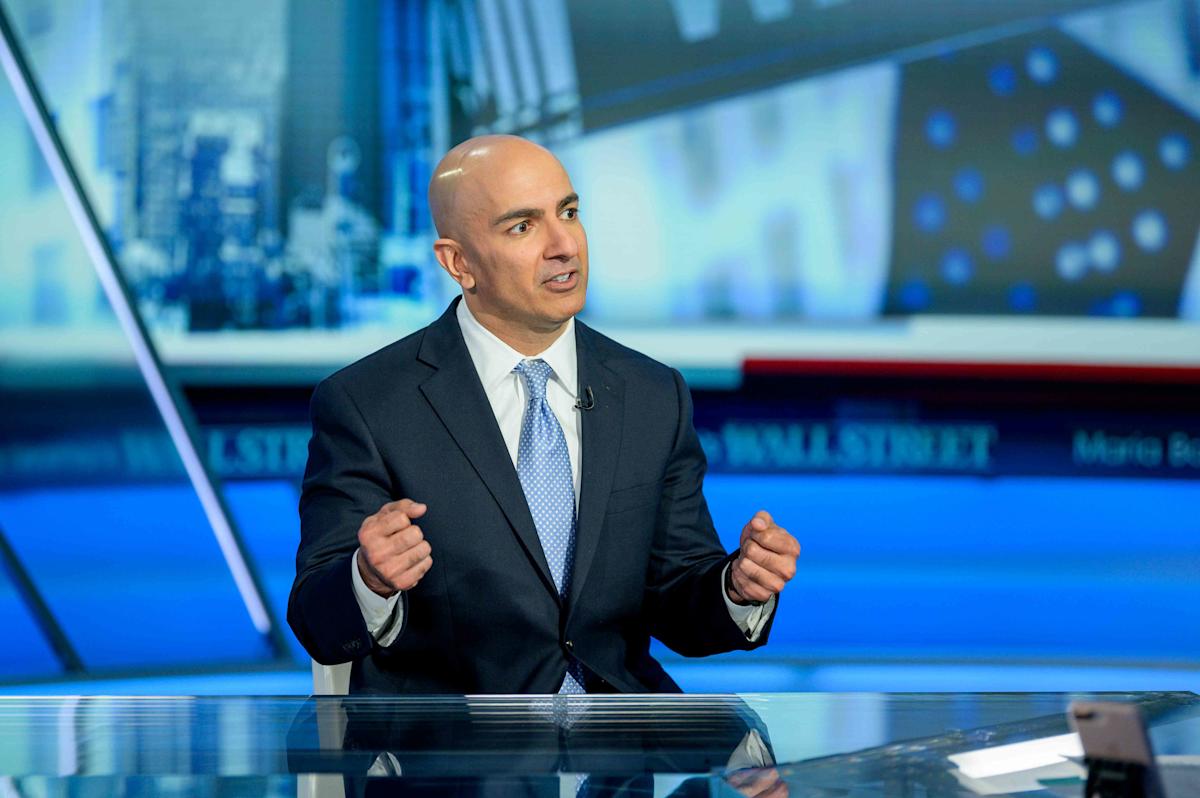1mins
Top News
Related Articles
People Also Watch

PYPL
PayPal Holdings Inc
67.650
USD
-0.84%

ACA
Arcosa Inc
95.920
USD
+12.71%

OGS
ONE Gas Inc
75.220
USD
+0.13%

CVNA
Carvana Co
347.560
USD
-2.85%

CHCO
City Holding Co
120.300
USD
+1.19%

CCTG
CCSC Technology International Holdings Ltd
1.077
USD
-0.28%

CAH
Cardinal Health Inc
157.410
USD
+2.61%

LITM
Snow Lake Resources Ltd
4.190
USD
+4.49%

BGS
B&G Foods Inc
4.070
USD
+0.25%





